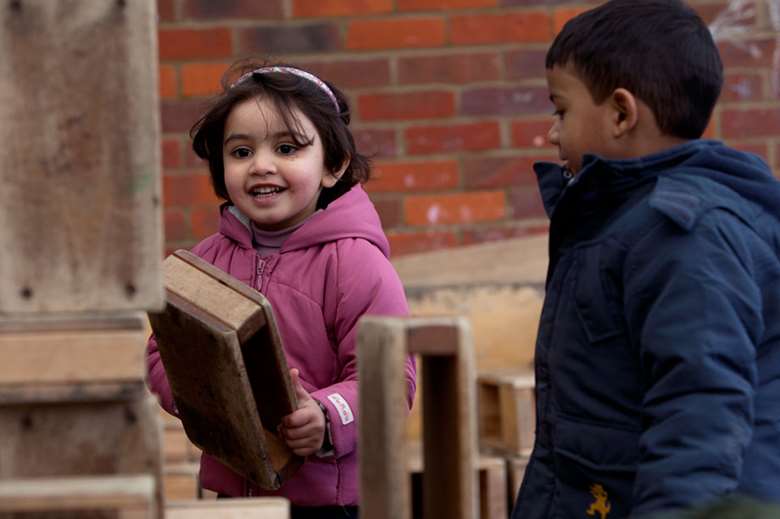Enabling environments: Around the nursery - Day to day
Jane Drake
Tuesday, October 2, 2007
What is 'continuous provision', why is it so important and how does it fit into the Early Years Foundation Stage? In the first of a new series, Jane Drake examines what practitioners need to be providing on a daily basis.

Register now to continue reading
Thank you for visiting Nursery World and making use of our archive of more than 35,000 expert features, subject guides, case studies and policy updates. Why not register today and enjoy the following great benefits:
- Free access to 4 subscriber-only articles per month
- Unlimited access to news and opinion
- Email newsletter providing activity ideas, best practice and breaking news




